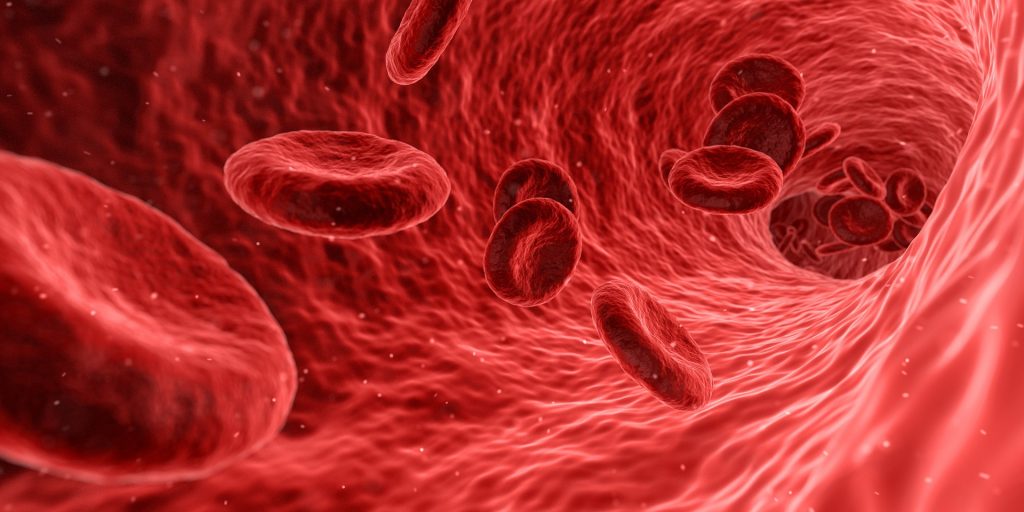Blood, the ‘liquid of life’, is absolutely necessary for bodily functions. However, many people have diseases which renders their blood insufficient for necessary processes. Therefore, many families strongly rely on blood donations to save their loved ones from life-threatening conditions.
The journey of giving blood can be an exciting one for some, but for many it is not.
https://www.youtube.com/watch?v=6bpVqPFTja4
The organization in England responsible for handling blood donations, NHS Blood and Transplant, revealed that there were 40% less new donors compared to about a decade ago. “Regular donations are crucial to saving and improving the lives of patients with cancer, blood disorders and those suffering medical trauma or undergoing surgery”, says the organization. Without consistent blood donations, hospitals may not have blood available when patients need it.
One of the main causes of this decrease can be attributed to cultural changes among generations. President and Chief Executive of Bloodworks Northwest in Seattle, James AuBuchon, said “The older generations seemed to have internalized the message that we always have to have an adequate supply of blood on the shelves. The younger generations just seem less wired toward that message.”
International non-profit organization specializing in transfusion and cell therapy, AABB, found in their research that 60% of blood donations come from people over 40, and nearly 50% come from people older than 50.
It isn’t cool anymore to donate blood. For those that grew up during war times and Baby Boomers, blood donation was seen as a noble duty. Donating blood was a civic obligation. Marie Forrestal, president of the Association of Donor Recruitment Professionals, emphasizes that “It was a cultural thing to donate.”
Furthermore, lack of education about donating blood is another cause. Almost half (48%) of the people responding to a survey by NHS Blood and Transplant think friends are family are asked to donate when a patient needs blood. Donating blood is seen as reactive, instead of a proactive procedure. A surprising 13% think that synthetic blood is created in emergencies (which is definitely not true!)
To counter this issue, two things need to be done. Let’s increase recruitment of high school and university student donors. This can be done through organizations, such as Red Cross, hosting more high school and college blood drives. This tactic has proven to work as 16-18 and 19-22 year olds now account for 20% of blood donation, which is an increase compared to previous years.
Next, the common misconceptions about blood need to be addressed in elementary schools. If the government improves the school curriculum to incorporate discussions about blood, the future generation will be better equipped with the knowledge to make the decision about whether to donate.
All in all, a future without blood transfusions is a dark one. Without regular blood donations, we increase the risk of losing our loved ones to blood disorders. However, it isn’t too late. With the help of the younger generation, we can still make the future a ‘bloody’ one.
By Misam Ibrahimi



